Doritos, owned by PepsiCo, decided to end its partnership with Spanish transgender influencer Samantha Hudson after her past offensive tweets resurfaced.
This move came during a challenging period for the snack brand, reminiscent of the Bud Light controversy involving influencer Dylan Mulvaney. The decision to part ways with Hudson was based on her previous comments, not on the external pressure from online groups.
The Initial Collaboration and Subsequent Backlash
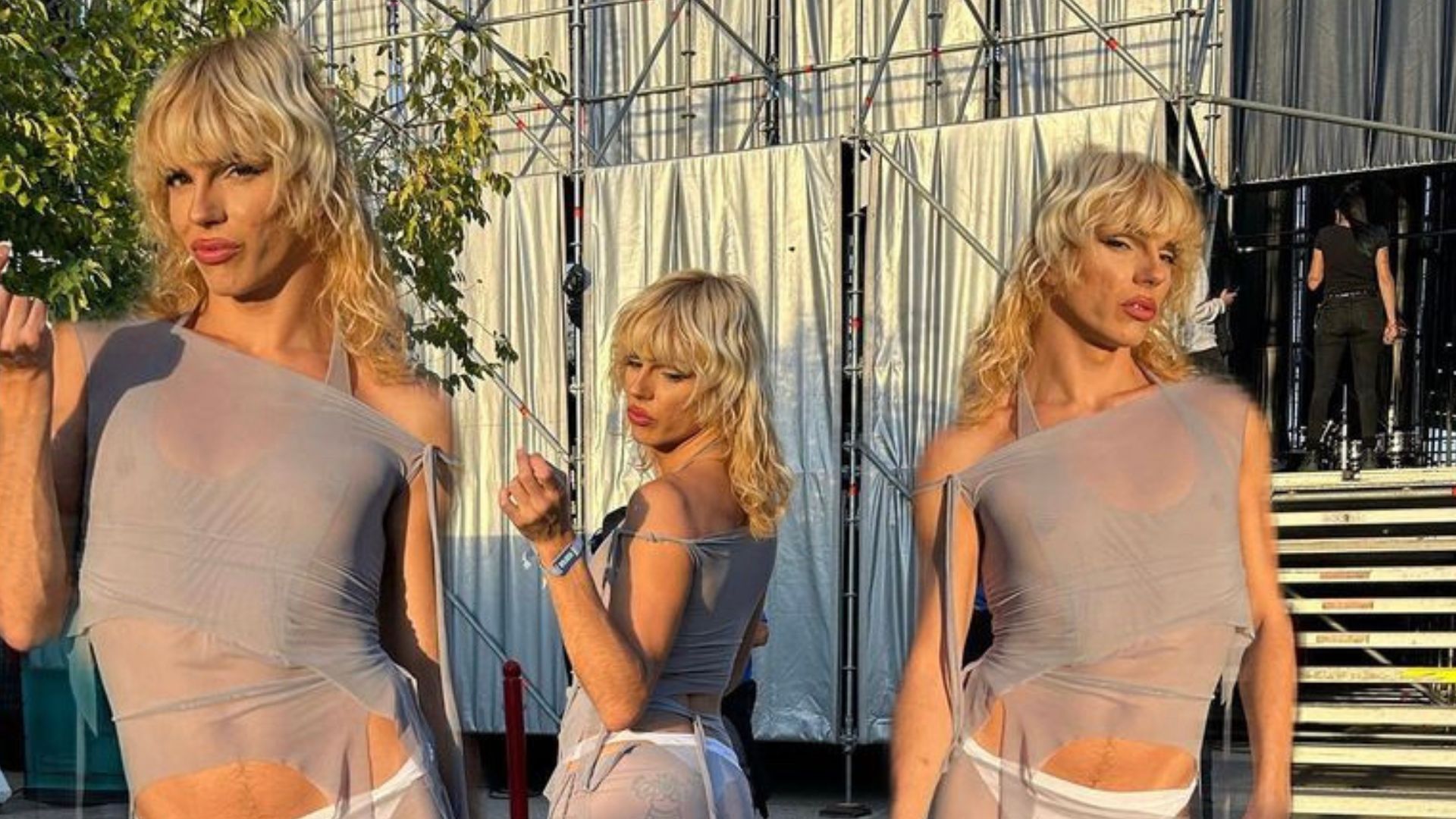
Samantha Hudson collaborated with Doritos Spain on a promotional video titled “Crunch Talks.”
However, the partnership was quickly scrutinized, especially by right-leaning social media accounts calling for a boycott. Doritos Spain responded by taking down the video featuring Hudson and cancelling any future plans with her, prioritizing the brand’s image and distancing itself from the controversy.
Offensive Content Triggers Brand Response
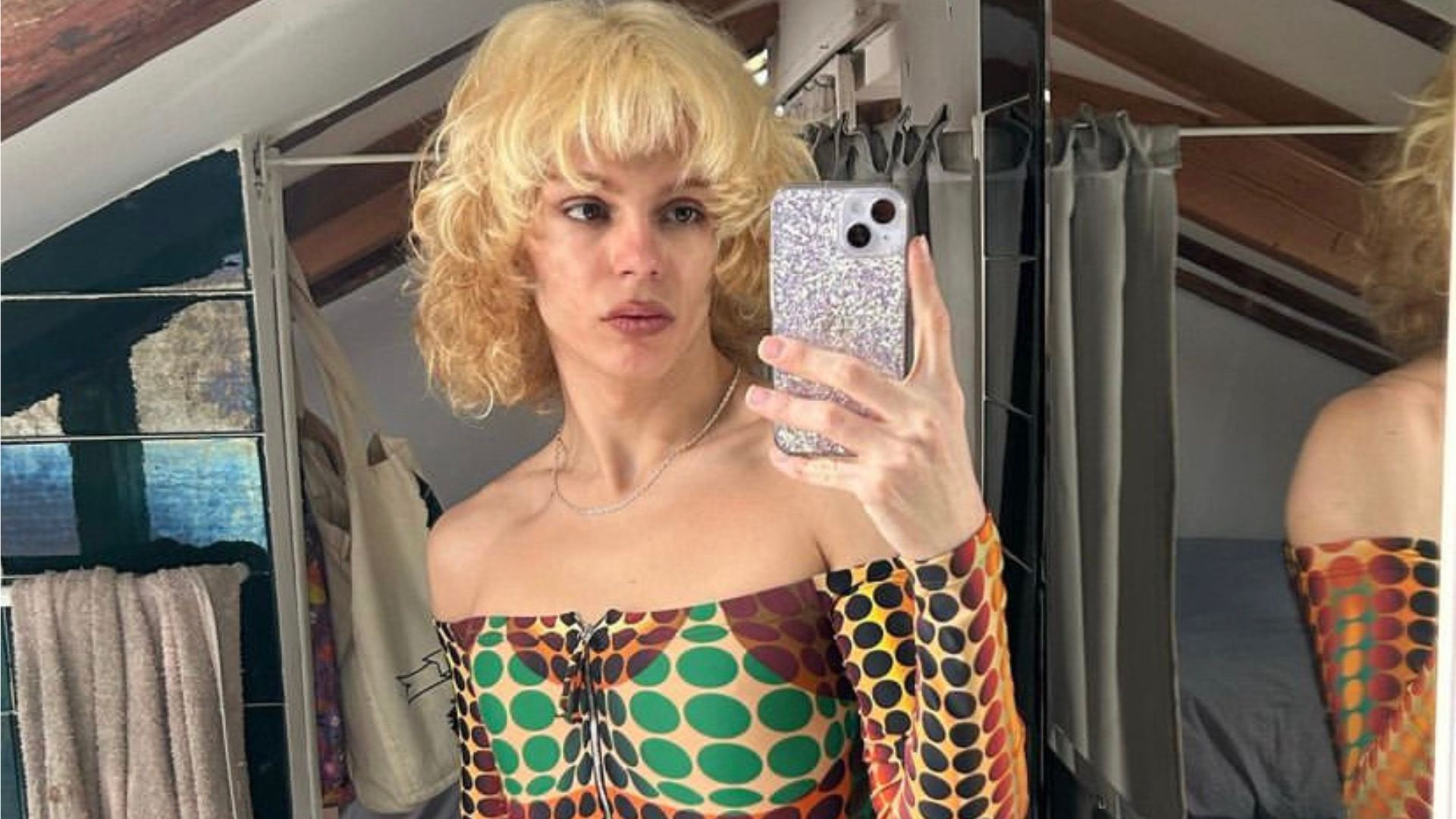
The tweets that led to Hudson’s dismissal detailed inappropriate and offensive content.
Following the backlash, Hudson apologized for her past actions, claiming her intent was to engage in dark humor, as reported by Rolling Stone. Despite her apology, Doritos decided to terminate the relationship to uphold its brand values and disassociate from any form of violence or sexism.
Doritos Spain Ends Partnership with Hudson
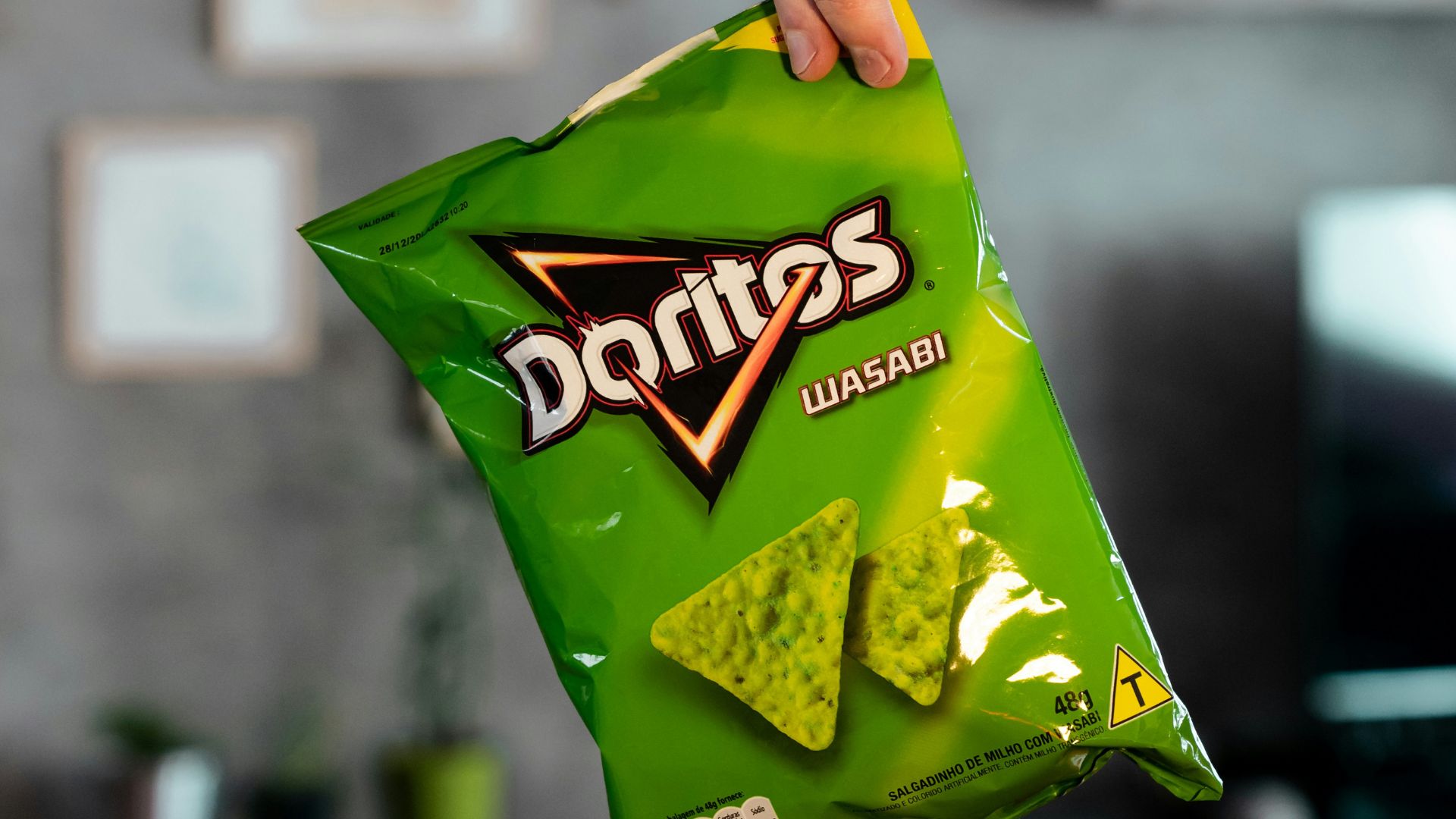
A spokesperson for Doritos Spain said “We have ended the relationship and stopped all related campaign activity due to the comments.”
They added, “We strongly condemn words or actions that promote violence or sexism of any kind.”
Conservative Groups Influence Brand Decisions
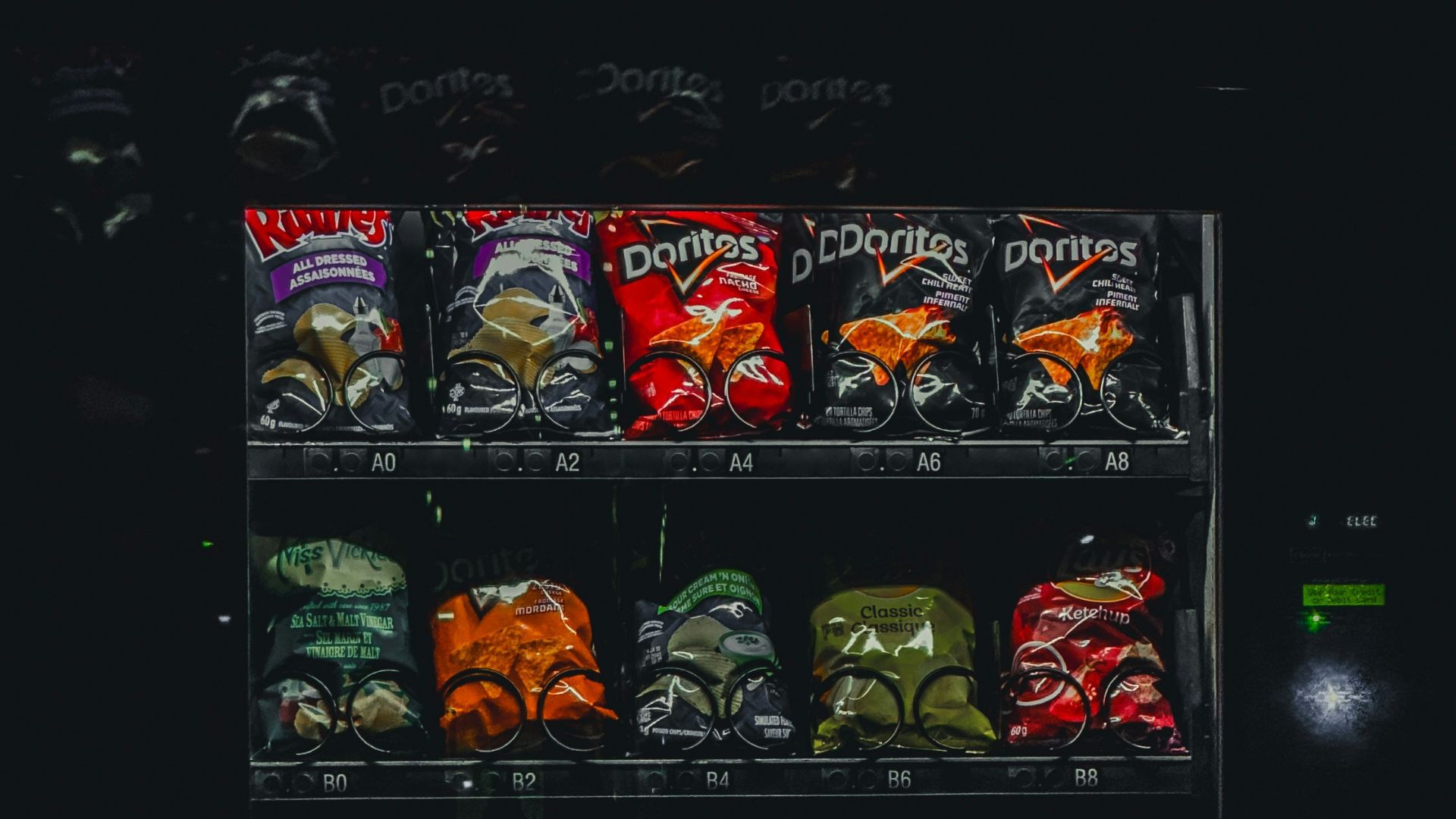
The situation escalated before Doritos ended its partnership with Hudson, with conservative voices amplifying the call to boycott the brand.
This scenario reflects a broader pattern where right-leaning groups target companies for their affiliations with LGBTQ+ figures, influencing corporate decisions in a polarized environment.
Rising Boycott Momentum Against Doritos
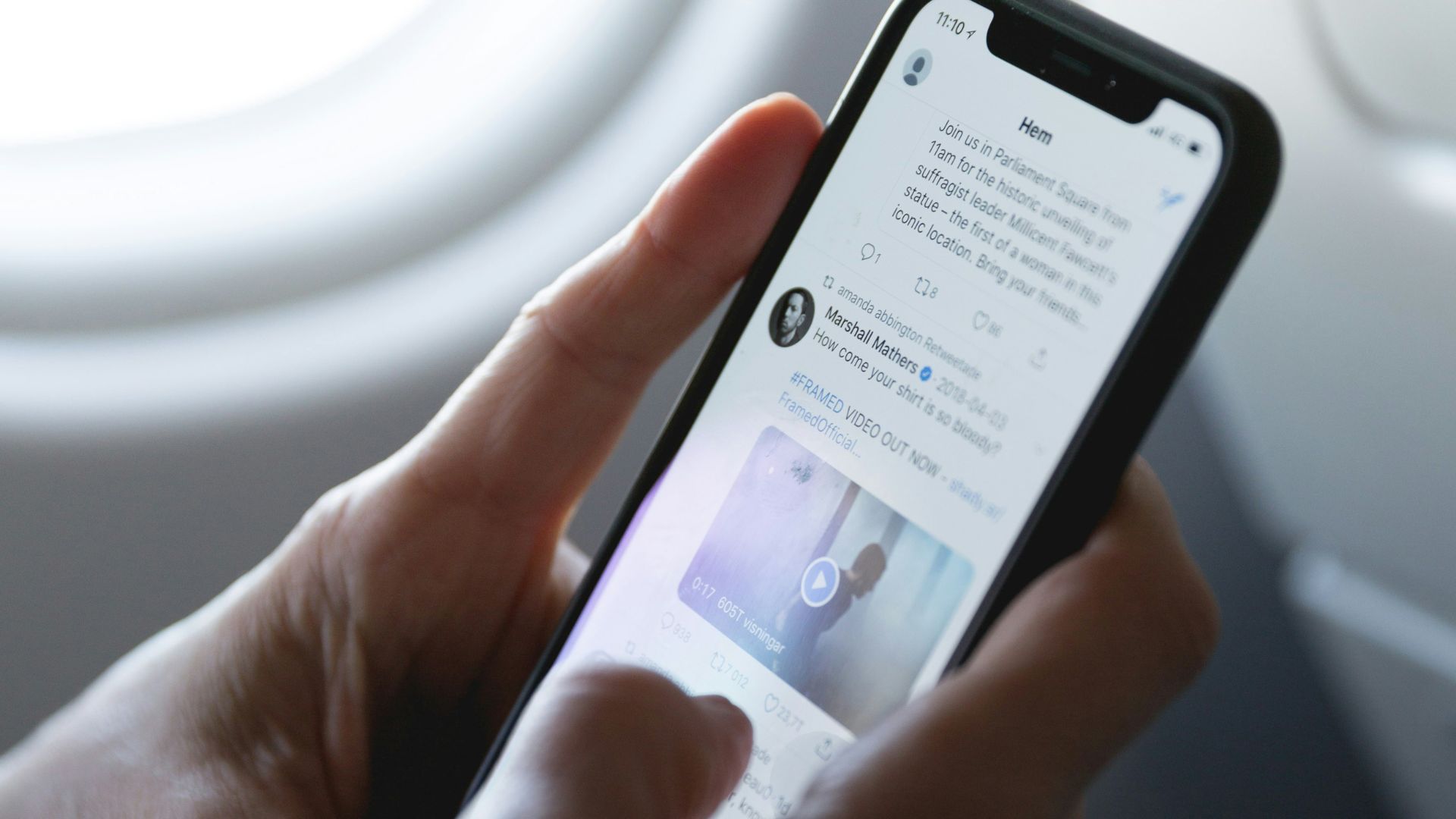
The campaign to boycott Doritos gained significant momentum on social media platforms like X, formerly known as Twitter, where the hashtag #BoycottDoritos was widely circulated, predominantly by right-wing users.
These users emphasized and redistributed the promotional video of Doritos that featured Samantha Hudson, focusing on her alleged offensive posts from when she was 15 years old.
Online Reaction to Doritos’ Campaign
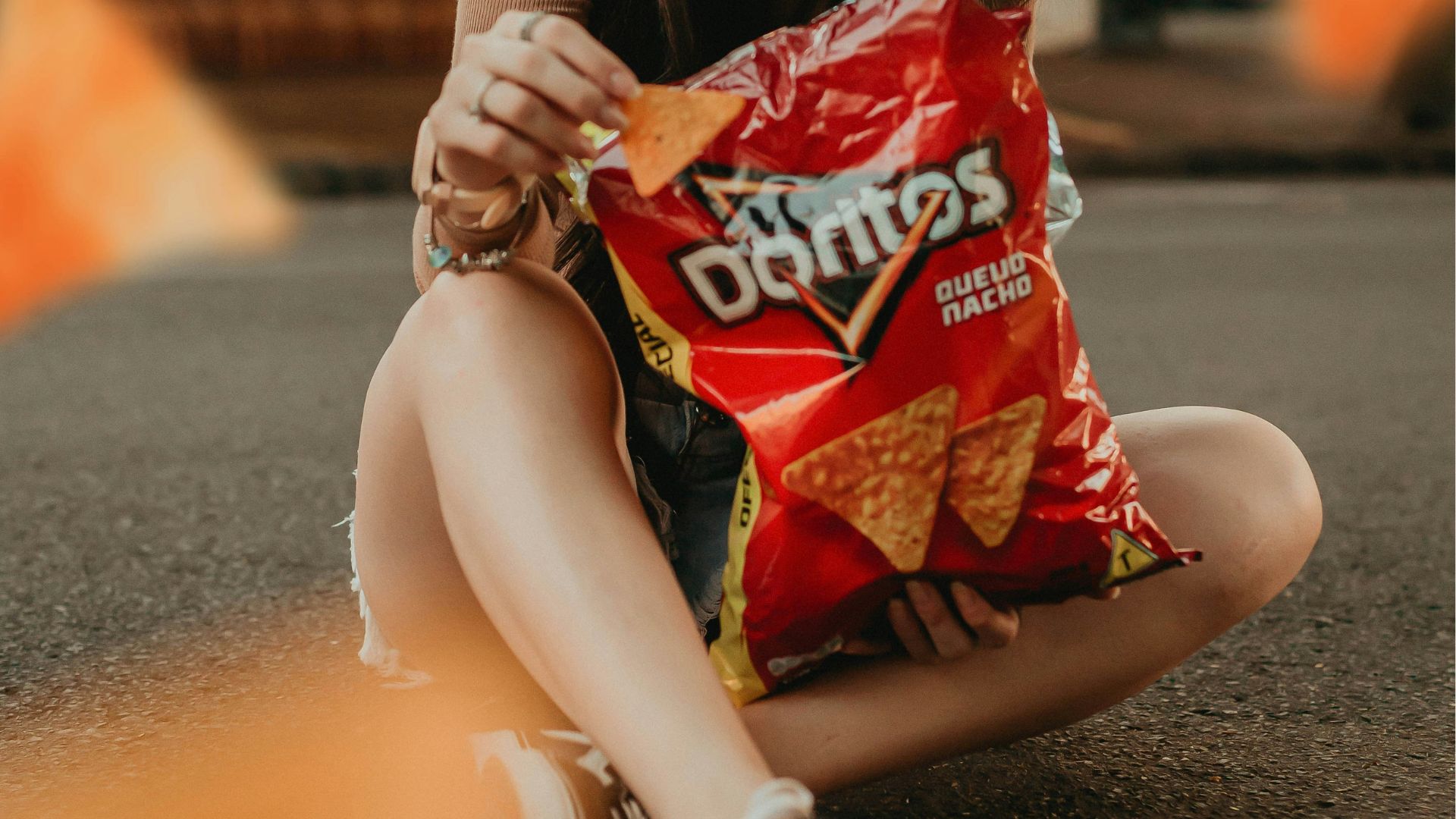
The reaction from the far-right to Doritos’ collaboration with Hudson was swift, with influential accounts on X, like Libs of TikTok and End Wokeness, expressing strong opposition.
Their rhetoric, such as “Time to Bud Light Doritos,” suggests an intention to leverage social media’s influence to initiate a boycott similar to the one against Bud Light, demonstrating the concerted effort by these groups to impact corporate decision-making through online campaigns.
Anheuser-Busch’s Controversial Endorsement

Last year, Anheuser-Busch entered controversial territory with its partnership with Dylan Mulvaney, a transgender influencer renowned for her TikTok series “Days of Girlhood.”
Mulvaney’s influence extended beyond social media as she engaged in advocacy work, including a notable meeting with President Joe Biden to discuss transgender issues. This collaboration, however, sparked significant backlash from conservative circles, paralleling the recent challenges faced by Doritos with its influencer partnership.
The Impact of Conservative Backlash on Bud Light
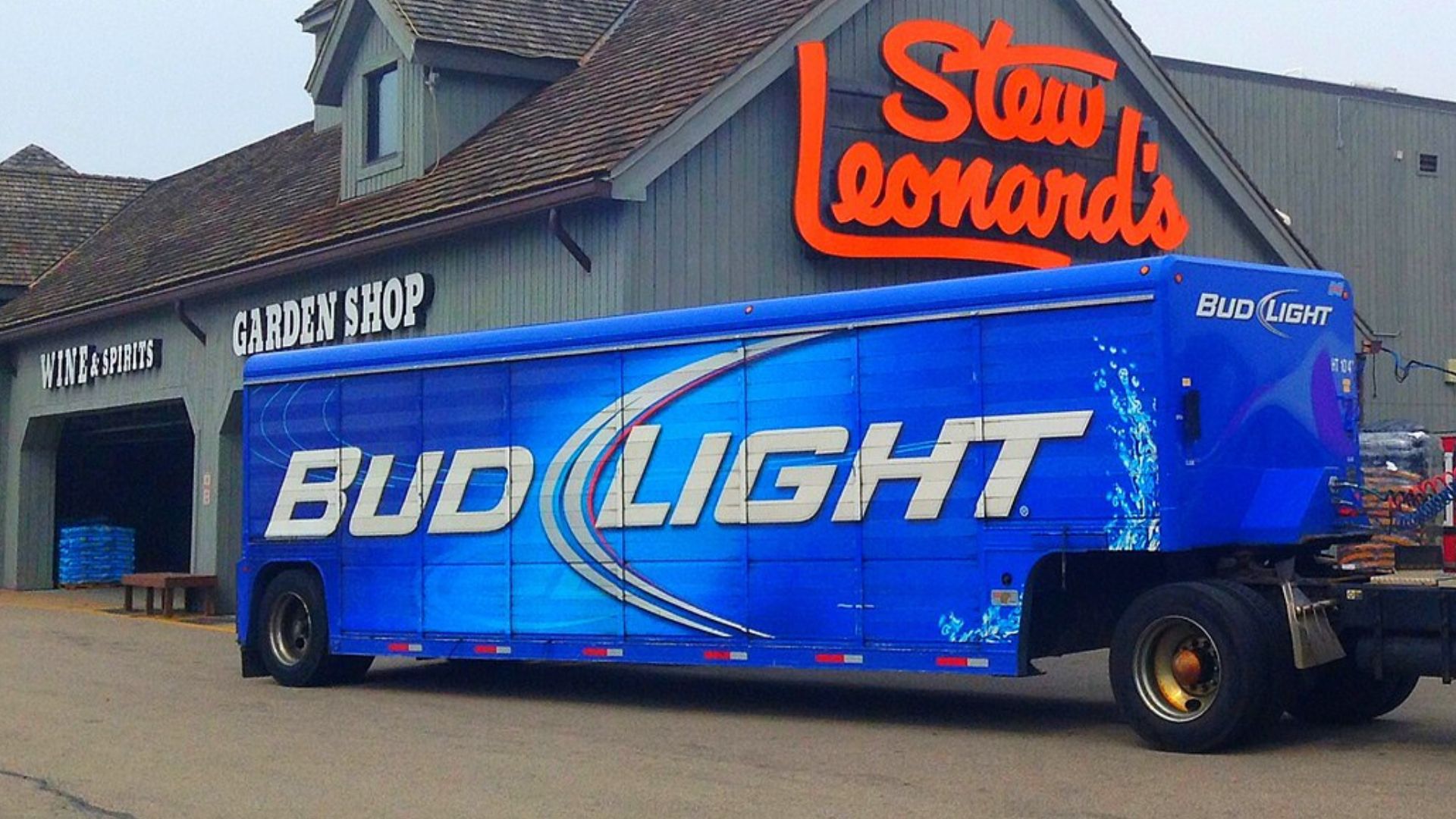
The backlash against Bud Light following their partnership with Mulvaney saw notable conservatives and public figures publicly denouncing the brand.
This included actions such as destroying Bud Light products and creating viral videos to express their disdain, which substantially affected the brand’s sales.
Corporate Brands in the Social Spotlight
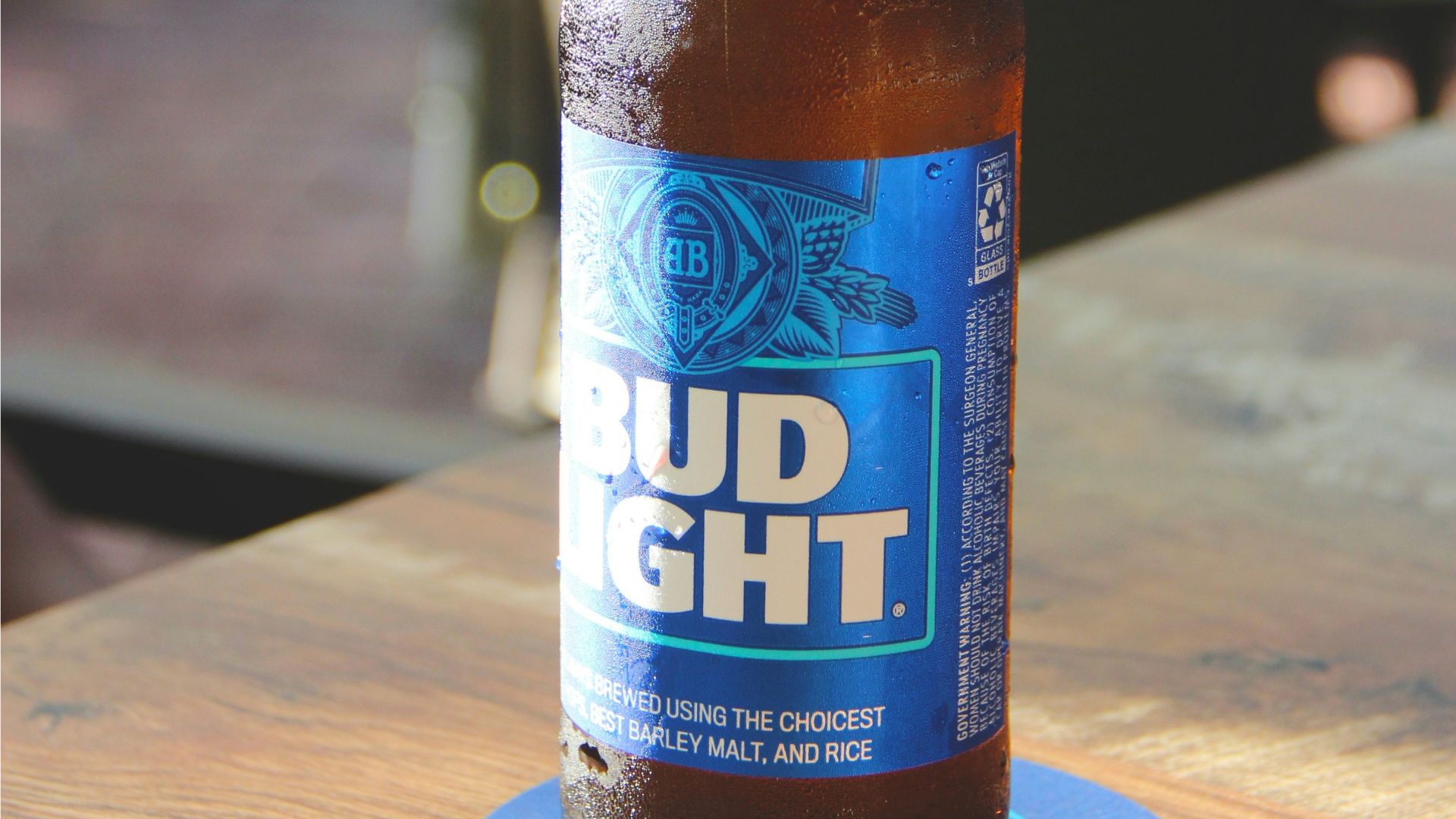
The experiences of Bud Light and now Doritos illustrate the complex position brands find themselves in within today’s socio political landscape.
Brendan Whitworth, the U.S. CEO of Anheuser-Busch, stated the company “never intended to be part of a discussion that divides people.”
Media’s Role in Framing the Debate
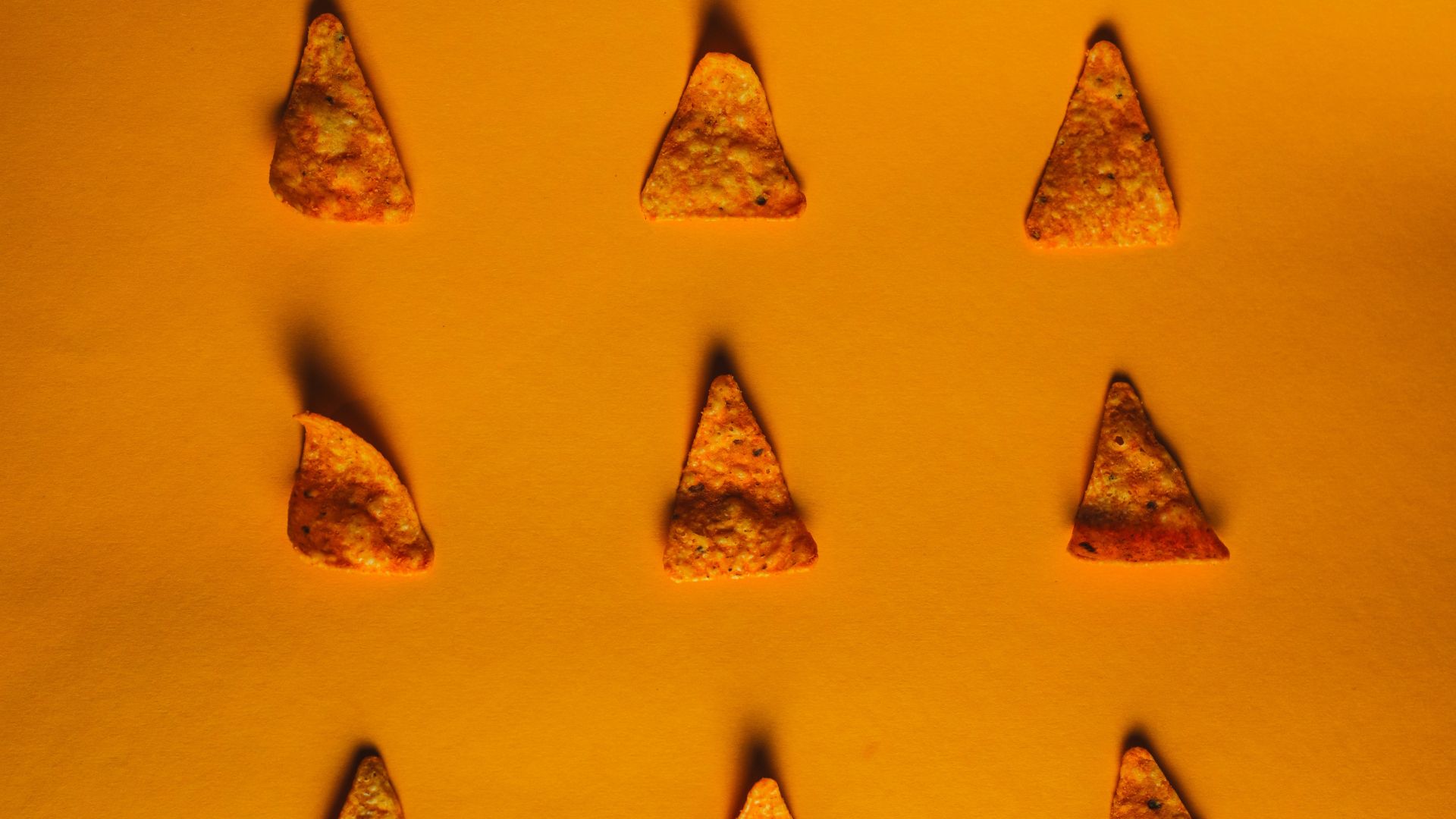
The narrative surrounding Doritos’ partnership with Hudson and the subsequent backlash was further amplified by conservative media outlets, NBC News reports.
Such media portrayals play a critical role in shaping the public discourse, influencing perceptions, and potentially guiding consumer behavior in response to corporate affiliations with controversial personalities or causes.
Analyzing the Impact of Cultural Backlashes
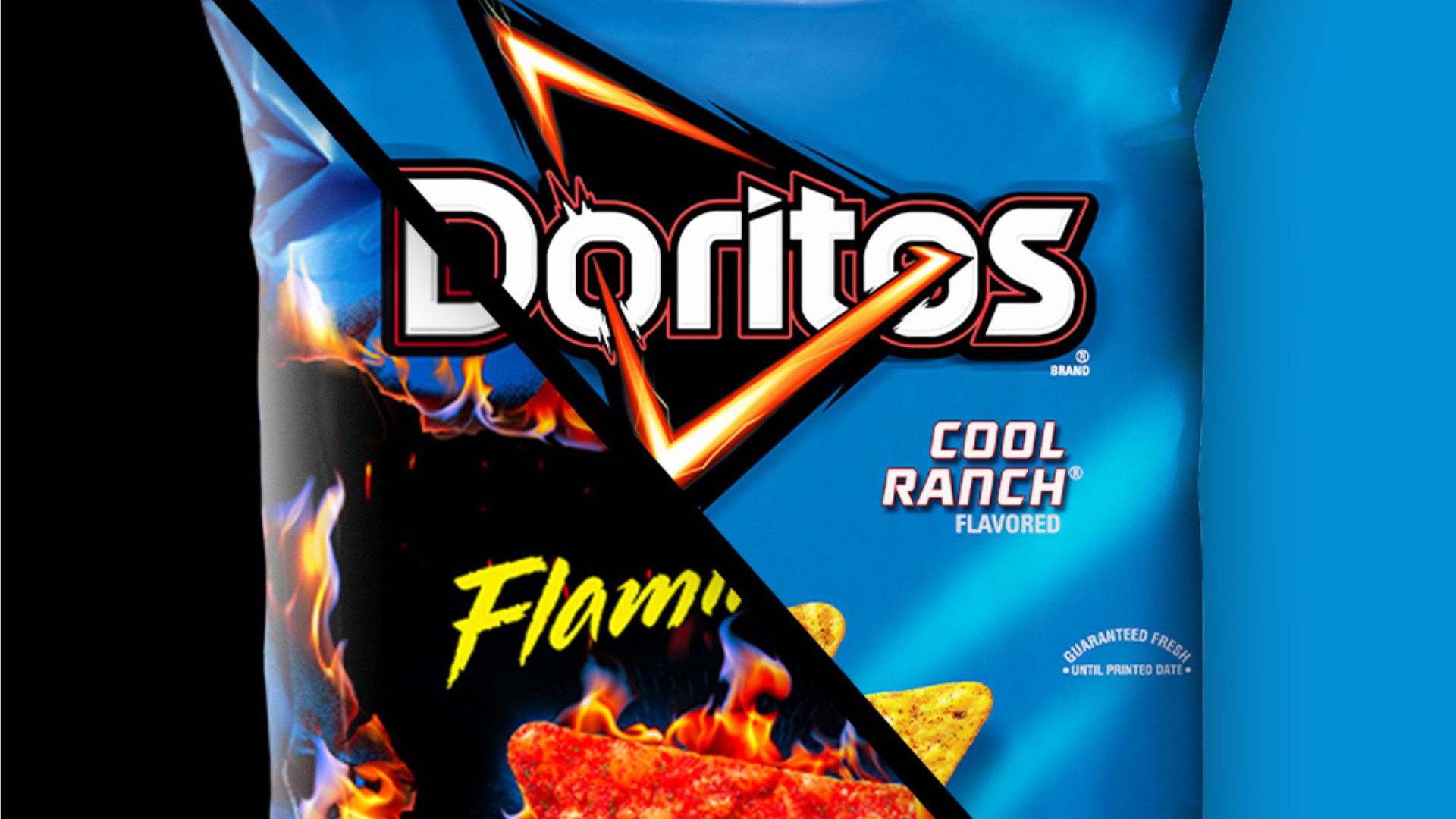
The Doritos incident is illustrative of the growing trend where cultural backlashes significantly affect corporate decisions.
As seen with other companies, such as AB InBev and Target, public reactions to promotional campaigns can have substantial implications, leading brands to be more cautious in their marketing strategies.
